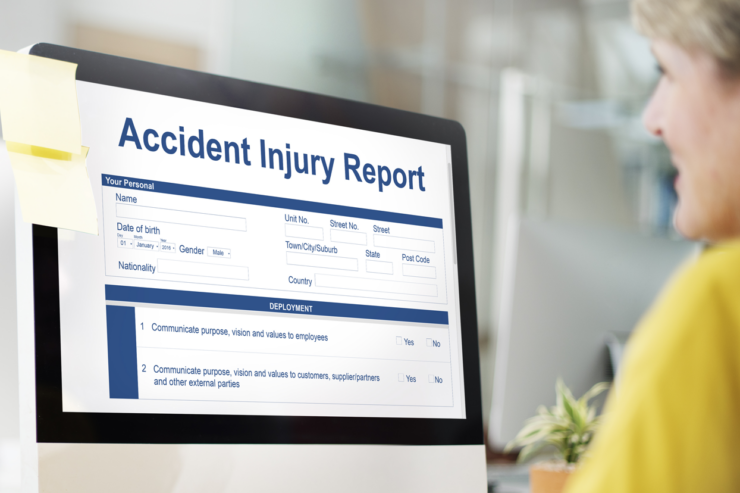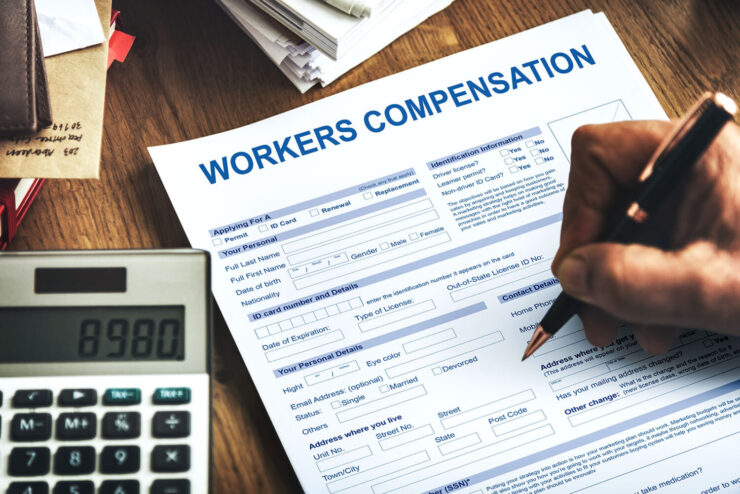Workplace injuries can happen to anyone, and being prepared can make all the difference. Beyond the immediate impact, workplace injuries can have lasting effects, not only on one’s health but also on their financial and emotional well-being. The more severe the workplace injury, the greater the medical expenses and the heightened emotional trauma.
The aftermath of a workplace injury involves a journey that extends from its immediate physical toll to the complex communication with insurance entities. Dealing with insurance companies adds an additional layer to its difficulties, for these entities are equipped with legal teams protecting the company’s interests.
English Lloyd & Armenta states that insurance companies have accepted standards to follow, and they retain teams of lawyers to protect their interests. In cases qualifying for lifetime benefits, like complex injury cases, the struggle heats up as insurers prepare for the worst-case scenario.
Reporting the Workplace Injury

Immediately reporting your workplace injury is your first step in keeping yourself safe and protecting your rights. Don’t wait or assume that someone else will do it for you. Take responsibility and inform your supervisor or manager right away.
Provide them with detailed information about the incident, including when and where it occurred and what caused the injury. Make sure to describe your symptoms and the severity of the injury accurately.
Reporting workplace injury promptly helps establish a paper trail and makes sure that you receive the necessary medical attention and compensation. If you delay, the reporting process could lead to complications and may even jeopardize your chances of receiving proper treatment and benefits. Don’t hesitate; report your injury as soon as possible.
Seeking Immediate Medical Attention
Get yourself to a doctor or hospital to ensure you receive the necessary medical care following the accident. The aim of seeking immediate medical attention after a workplace injury is to prevent further complications and ensure a faster recovery. For any injuries, your top priority should always be your health.
When you arrive at the medical facility, provide them with detailed information about the incident and your symptoms. This will help healthcare professionals accurately diagnose and treat your injury.
Be sure to follow all instructions given by the doctor and take any prescribed medications as directed. Keep records of your medical visits, treatments, and expenses related to the injury, as these may be needed for insurance claims or legal purposes.
Understanding Workers’ Compensation

How can workers’ compensation support you when you’re involved in a work-related incident?
Workers’ compensation is a system that provides benefits to employees who are injured or become ill on the job. It is designed to cover medical expenses, lost wages, and rehabilitation costs.
If you are injured at work, you need to report the incident to your employer as soon as possible. They will then file a workers’ compensation claim on your behalf. Provide accurate and detailed information about the incident and your injuries. Once your claim is approved, you can receive benefits such as payment for medical treatment and disability benefits if you are unable to work.
Communicating with Your Employer
Effective communication with your boss is key to ensuring that you receive the necessary support and resources following a work-related incident. As soon as the injury occurs, inform your employer immediately. Be clear and concise about the details of the incident, including the date, time, and location.
Provide any relevant documentation or evidence, such as witness statements or photographs, to support your claim. Communicate any changes in your condition or treatment plan to your employer. This’ll help them understand your needs and make any necessary accommodations.
Keep open lines of communication throughout the recovery process to ensure that your employer is aware of your progress and any limitations you may have. Effective communication is key in order to protect your rights and receive the support you deserve.
Knowing Your Rights as an Injured Employee

Make sure you’re aware of your rights as an injured employee while aid you in receiving the necessary support and accommodations.
These are the rights an injured employee has:
- You have the right to report your injury to your employer within a specific timeframe.
- Your employer is legally required to provide you with workers’ compensation benefits, which can include medical treatment, wage replacement, and vocational rehabilitation if needed.
- You have the right to see a doctor of your choice for your injury and your medical expenses should be covered by your employer or their insurance company.
- You have the right to return to your job once you’ve recovered, or if that’s not possible, you may be entitled to alternative work or vocational training.
- You have the right to file a complaint with the appropriate agency or seek legal counsel if you believe your rights aren’t being respected.
Conclusion
If you ever find yourself injured on the job, take immediate action. Report the injury to your employer, seek medical attention right away, and familiarize yourself with your rights as an injured employee.
Workers’ compensation is there to support you during this time. By communicating effectively and following the necessary steps, you can ensure that you receive the help and support you need to recover from your workplace injury. Stay proactive and take care of yourself.
